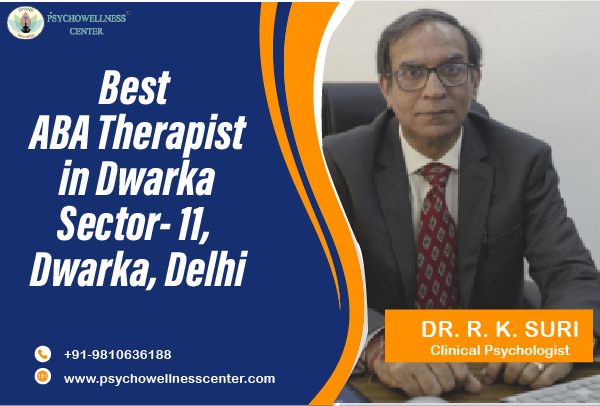Dating Someone with OCD; How to Help
.png)
An obsession with germs can cause a person to feel compelled to wash their hands excessively. They might also suffer from mental compulsions, which can appear as excessive situational analysis, a need for affirmation from loved ones, or the development of useless plans and solutions to issues. Obsessive-compulsive disorder (OCD) is characterized by a variety of existing thoughts and behaviors, ranging from minor annoyances to significant disruptions. OCD can be completely seriously damaging for those who experience it, but it can also have an impact on those who are closest to the sufferer. You might doubt your ability to help your partner because OCD is so unpredictable. You might find it difficult to comprehend what they're going through, wondering what to do when an episode of OCD occurs, and become upset with yourself over how OCD is affecting them.
There are three characteristics of Obsessive-compulsive disorder
- Obsessions: unwanted ideas or impulses
- Compulsions: Repetitive actions or ideas used to help combat unpleasant feelings
- Anxiety: Excessive unease or apprehension is known as anxiety
Experiencing an OCD partner: What to Expect and How to help
One of the most crucial things to keep in mind if you are close to someone who has OCD is that their routines, habits, and ways of doing things may seem very different to you. Some of their behaviors and obsessive tendencies might come across as excessive, pointless, or repetitive.
You may be able to accept and come to terms with their condition, though, if you recognize that their obsessive thoughts and compulsive behaviors are frequently out of their control.
The most frequent difficulties that couples encounter are:
-A lack of trust,
-Too many rituals or habits
-Repeating behaviors or phrases that you might not understand
Compulsion in behavior
OCD frequently involves behavioral compulsions. This may appear as excessive cleaning, repeated tapping, or hand washing.
How to help: Determine some of their behavioral compulsions appearances to see how you can assist. When you're aware of them, you can figure out how to deal with situations where you see your partner starting to interact. Knowing what to anticipate can be helpful at times. It's crucial to refrain from encouraging those compulsive behaviours.
Compulsive thoughts
Mental compulsions don't always involve performing physical acts, in contrast to behavioral compulsions. Instead, they appear when an OCD sufferer counts silently, analyses a situation or scenario excessively, or repeats phrases to reassure themselves that nothing bad will happen.
How to help: Keep your cool, don't criticize or shame your partner for their thoughts or feelings and even though their thoughts may seem irrational to you, keep in mind that they are very real to your loved one.
Stress and Anxiety
OCD sufferers occasionally fear the strain of a committed relationship. On some level, rejection is a fear we all share. It may have its roots in failed relationships from the past, physical problems, or concerns about losing our identity, among other things. Some of the same fears are frequently present in OCD sufferers, but they may be greatly heightened. If you're dating someone who has OCD, just being aware of the fact that their emotions can change and their anxiety levels can fluctuate may help you to not be as surprised when they start to feel anxious.
How to help: Be understanding and patient.
Keep in mind that people with OCD occasionally experience uncontrollable thoughts.
Discuss with your partner.
If either of you continues to struggle, seeking OCD therapy may be helpful. Reach for the “Best psychologist in India”.
Sexual Activity
OCD can have a variety of negative effects on sexual function. It can be difficult to have a sexual relationship with someone who is obsessed with cleanliness or contaminating things. Among the sexual complications of some OCD medications are diagnoses that affect desire for sex or performance.
How to help: Any relationship may struggle with sex-related issues. It can get more difficult if someone has OCD. Be sure to work on establishing trust while keeping the lines of communication open. In order to establish a healthy sexual component in your relationship, treatment—including therapy, psychotherapy, or medication—may be very beneficial. For a professional search for the Therapy near me or look for an Online counselor.
Don't criticize them or even imply that they aren't trying hard enough because OCD sufferers frequently also experience anxiety. Understand that there will be ups and downs, and prepare for times when they experience success with their treatments as well as times when they may feel depressed into obsessions and compulsions. To ascertain the circumstances surrounding and causes of a person's symptoms, a therapist may assess and collect data. For potential setbacks, they will assist in developing efficient management strategies and relapse prevention plans.
People should consult the Best psychiatrist in India to find out the best course of action for their condition. The symptoms of OCD can be treated by a Psychiatrist or Counseling psychologist.



 Communication Disorder.svg)
SHARE